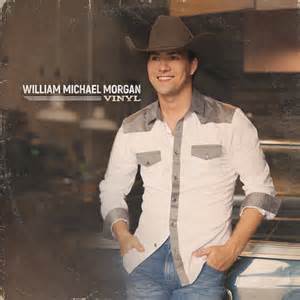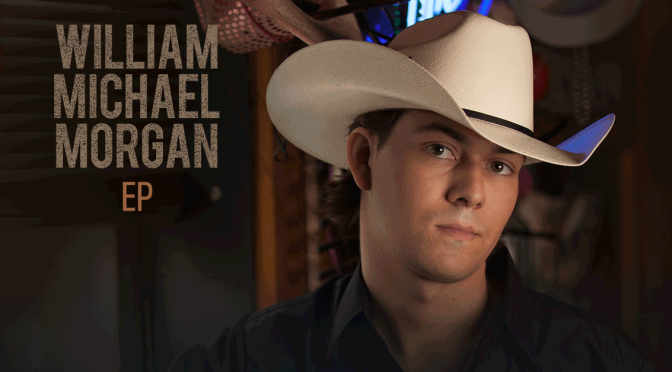Yes, I know I’m late to the party; I was out of town when the uproar broke out. And yes, I know maybe I shouldn’t give Whiskey Riff the satisfaction of even acknowledging this idiocy, as plenty of other outlets have already done it. If you don’t know by now, Whiskey Riff posted an article Friday asserting that the reason we all hate mainstream country music is because we were all losers in high school. Florida Georgia Line, Sam Hunt, Luke Bryan–well, they’re the good-looking jocks who get the popularity and the girls, and we’re all just jealous because we didn’t live this lifestyle in high school and can’t relate to or understand it. Essentially, we’re all just the geeks and misfits, and now we’re holding some sort of grudge against the jocks.
I won’t waste time doing what other blogs have already done fantastically; others have already defended the reasons we criticize mainstream country music. I won’t tell you my back story in an effort to explain my situation in high school, and I won’t lie and say I was extremely popular either. I won’t tell you about the mainstream artists I do enjoy–you can find that for yourself in the reviews. I will say the most offensive part of this for me was the part where we’re all jealous of FGl, Luke, and Sam because they’re good-looking and get all the girls. Ok, so even if we go with this assumption, and even if that twisted bit of logic explains the problem men have with these artists and their music, where does that leave women? What about all the women who are offended by this music? Or have all the listeners of bro country and Sam Hunt’s “Body Like a Back Road” become so desensitized to the thoughts and feelings of females that they can’t imagine them doing anything but shaking their asses on tailgates?
Now, I can’t truthfully say I hate all this music, and there are good or decent songs in all of these artists’ catalogues. I’m not close-minded enough to say everything they release is pure shit, and I will be the first to praise good material from them. As far as Sam hunt, some of his music would be fine in pop, it’s just not country. But can you not understand how offensive these songs are to women? We are treated like objects in these songs, as Maddie & Tae pointed out in “Girl in a Country Song.” There’s a reason that song was a hit–women everywhere related to it. It’s not a compliment to tell me to “slide that sugar shaker over here’ or to say I have a “body like a back road.” I said I wasn’t going to state my back story, but I will say that I have been “complimented” in this way, and when that’s all you hear, all it makes you feel is cheap. Women want to be told we’re beautiful, not just sexy, and we want to be appreciated for our minds, not just our bodies. And we have dreams beyond driving around in some guy’s truck on Friday night with our bare feet on the dashboard.
And women, you’re selling yourself short if some of this doesn’t offend you. These songs objectify us and make us things to be possessed; indeed, the article even says the artists “get’ the girls. It’s why women have disappeared so drastically from the airwaves in such a short time. Who wants to listen to a song by a female? How can a woman even have an intelligent thought when all she does is drive around in a truck with a guy? Nobody wants to hear her point of view; they want to hear from the guy who’s “getting” her. Pretty much the only consistent exception on country radio is Kelsea Ballerini, and that’s because she’s sold herself short to sing about being this type of girl.
It’s fine if you like this music, I’m not attacking you for personal taste. This is not an attack on the artists either; some of them seem like perfectly nice people. This is simply about the music and the lyrics and the lessons they teach. and if you think I’m making a big deal out of this, I refer you back to the Whiskey riff article. People are simply jealous because they weren’t good-looking and popular and didn’t get the girls. The writer doesn’t even consider the girls at all in making this argument. That’s how insignificant songs like this make females. He didn’t even take into account females who might have a problem with this when he made that assumption because all he could see were losers who didn’t get them. And if a large portion, as he says, can relate to this type of music, then a large portion of the country are learning to be sexist pigs and think it’s normal. And I know this will not change a thing, but I can’t stand by either. Next time, consider your audience before you make an idiotic statement like this.
P.S. None of these artists are good-looking/sexy at all, give me a man who sings bass, and actually knows a George strait song instead of just name-checking him to sound cool.
P.P.S. Can you please refrain from writing any more stupid pieces, so I can get back to reviewing artists instead of replying to this shit?

